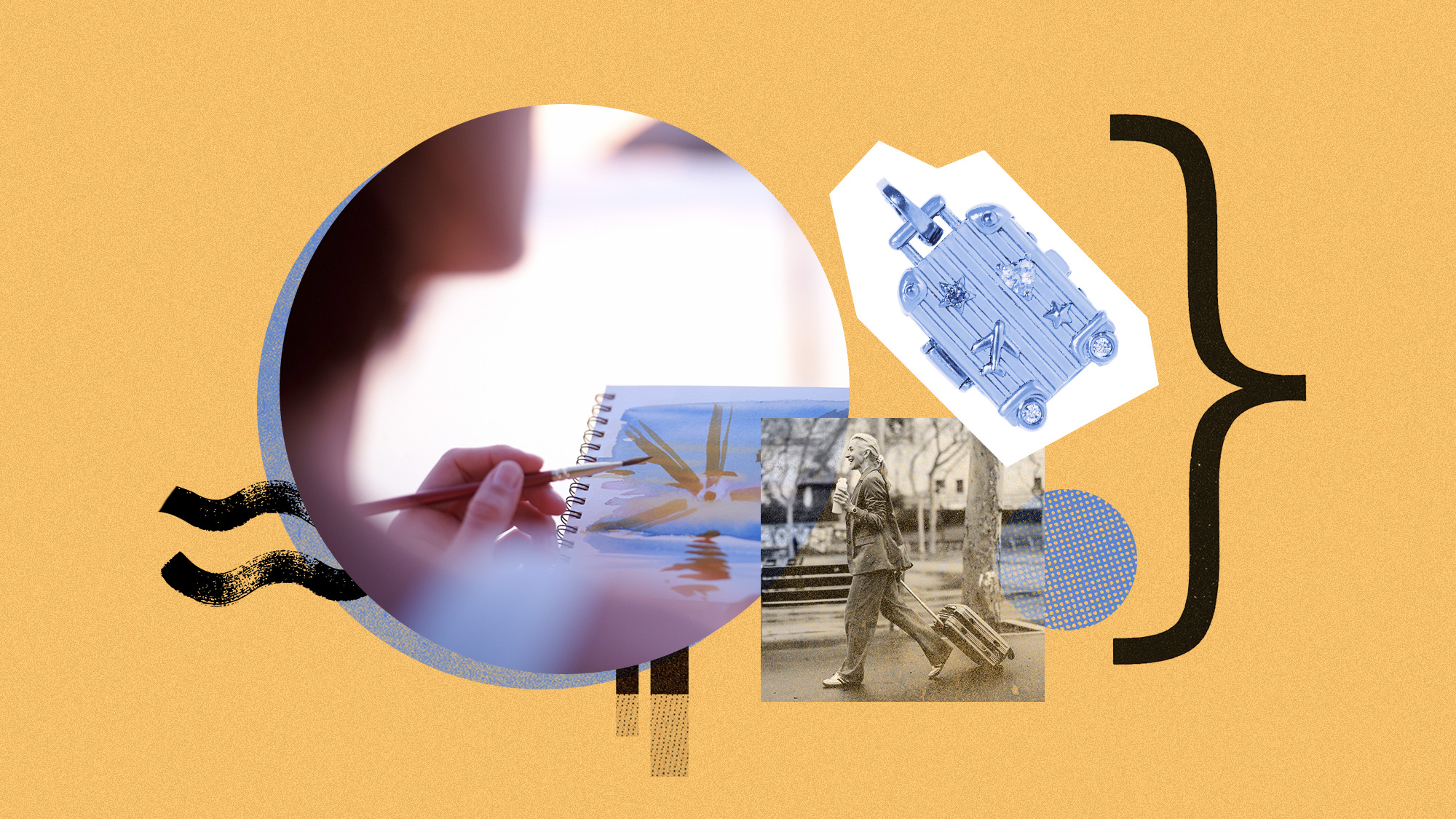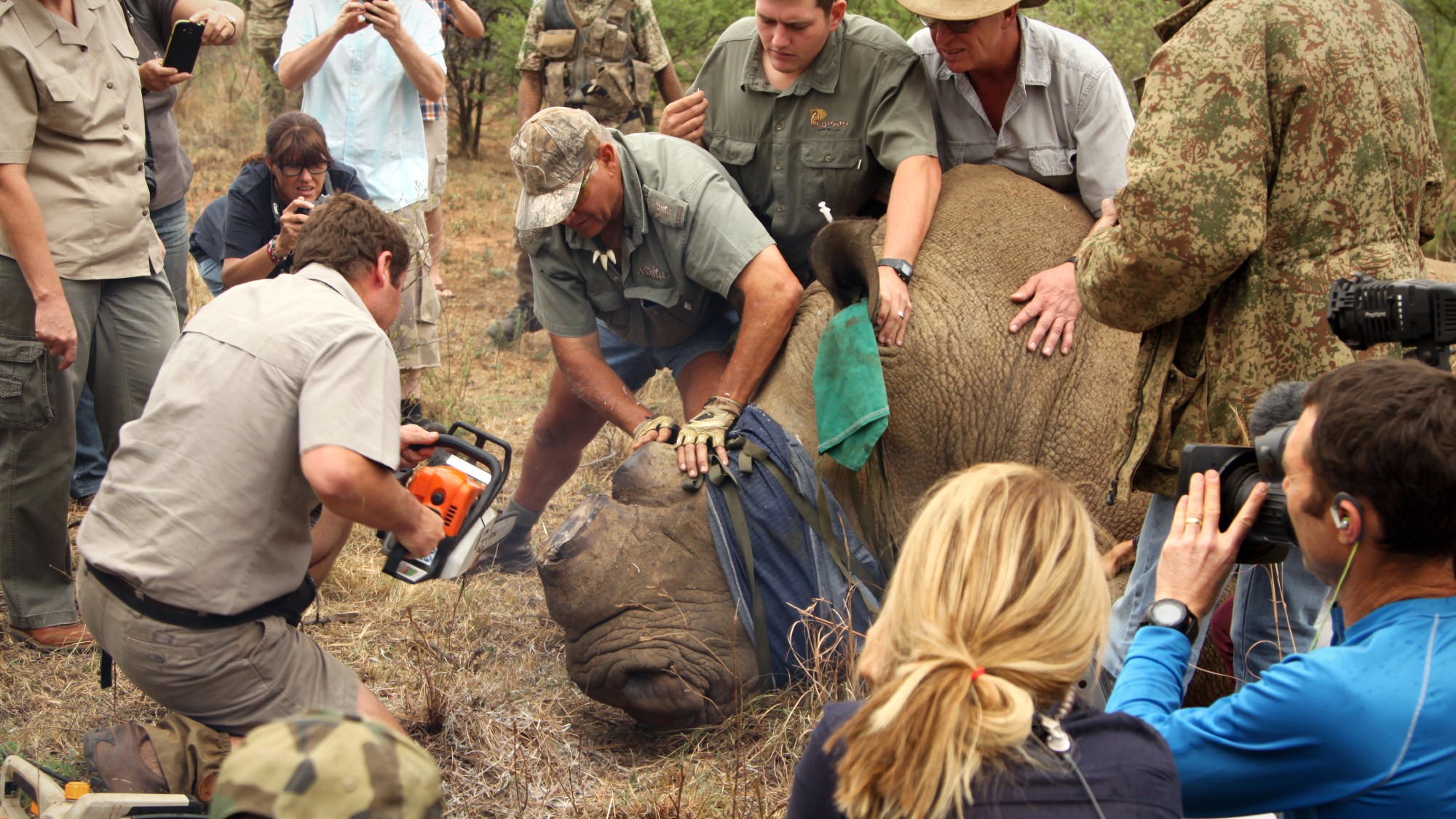Egyptian mummy-making used oils and resins found only in Asia and African rainforests, scientists report

A team of Egyptian and German scientists analyzed samples from labeled pots and jars discovered in an ancient Egyptian embalming chamber, and their findings, published Wednesday in the journal Nature, revealed more than just mummification recipes. Some of the ingredients, like elemi and dammar resins, could only have been procured from far outside Egypt, suggesting the Egyptians of 2,600 years ago traded more extensively than previously known.
Dammar resin, for example, comes from Shorea trees that grow in the forests of India and Southeast Asia. The Canarium trees used to make elemi resin would have been found in African and Asian rainforests. Other ingredients, like the resin, oil, or tar of cypress, juniper, cedar, and Pistacia trees, would have been found elsewhere in the Mediterranean. "Egypt was resource poor in terms of many resinous substances, so many were procured or traded from distant lands," Carl Heron, an archaeologist at the British Museum, told Nature.
The samples were extracted from 31 of 121 ceramic vessels found at an underground embalming facility in the necropolis of Saqqara outside Cairo. The workshop, discovered in 2016, is believed to date back to 664 to 525 B.C. and would have served the ancient Egyptian capital of Memphis in the 26th Dynasty. Some of the beakers and bowls and flasks had labels and instructions, like "to put on his head," "bandage or embalm with it," and "to make his odor pleasant."
Subscribe to The Week
Escape your echo chamber. Get the facts behind the news, plus analysis from multiple perspectives.

Sign up for The Week's Free Newsletters
From our morning news briefing to a weekly Good News Newsletter, get the best of The Week delivered directly to your inbox.
From our morning news briefing to a weekly Good News Newsletter, get the best of The Week delivered directly to your inbox.
The research team studied the molecular structure of the samples using a gas chromatography-mass spectrometry machine. Along with the tree oils and resin, the scientists found beeswax, animal fats, and bitumen. Most of the ingredients have been found before in samples taken from actual mummies, or were written about in ancient texts on Egyptian mummification. But the elemi and dammar resins were new.
The really "fascinating part" of these discoveries, said Mahmoud Bahgat, a biochemist at the National Research Center in Cairo and a member of the research team, is that "if Egyptians went that far to get these particular natural products, from these particular countries and not other countries in between, it means they meant it," and knew enough about microbiology to understand these specific ingredients would fend off fungus and bacteria and preserve the body.
A free daily email with the biggest news stories of the day – and the best features from TheWeek.com
Peter has worked as a news and culture writer and editor at The Week since the site's launch in 2008. He covers politics, world affairs, religion and cultural currents. His journalism career began as a copy editor at a financial newswire and has included editorial positions at The New York Times Magazine, Facts on File, and Oregon State University.
-
 Gavin Newsom mulls California redistricting to counter Texas gerrymandering
Gavin Newsom mulls California redistricting to counter Texas gerrymanderingTALKING POINTS A controversial plan has become a major flashpoint among Democrats struggling for traction in the Trump era
-
 6 perfect gifts for travel lovers
6 perfect gifts for travel loversThe Week Recommends The best trip is the one that lives on and on
-
 How can you get the maximum Social Security retirement benefit?
How can you get the maximum Social Security retirement benefit?the explainer These steps can help boost the Social Security amount you receive
-
 Bacteria can turn plastic waste into a painkiller
Bacteria can turn plastic waste into a painkillerUnder the radar The process could be a solution to plastic pollution
-
 Scientists want to regrow human limbs. Salamanders could lead the way.
Scientists want to regrow human limbs. Salamanders could lead the way.Under the radar Humans may already have the genetic mechanism necessary
-
 New York plans first nuclear plant in 36 years
New York plans first nuclear plant in 36 yearsSpeed Read The plant, to be constructed somewhere in upstate New York, will produce enough energy to power a million homes
-
 Dehorning rhinos sharply cuts poaching, study finds
Dehorning rhinos sharply cuts poaching, study findsSpeed Read The painless procedure may be an effective way to reduce the widespread poaching of rhinoceroses
-
 Is the world losing scientific innovation?
Is the world losing scientific innovation?Today's big question New research seems to be less exciting
-
 Breakthrough gene-editing treatment saves baby
Breakthrough gene-editing treatment saves babyspeed read KJ Muldoon was healed from a rare genetic condition
-
 Sea lion proves animals can keep a beat
Sea lion proves animals can keep a beatspeed read A sea lion named Ronan beat a group of college students in a rhythmic dance-off, says new study
-
 Humans heal much slower than other mammals
Humans heal much slower than other mammalsSpeed Read Slower healing may have been an evolutionary trade-off when we shed fur for sweat glands
